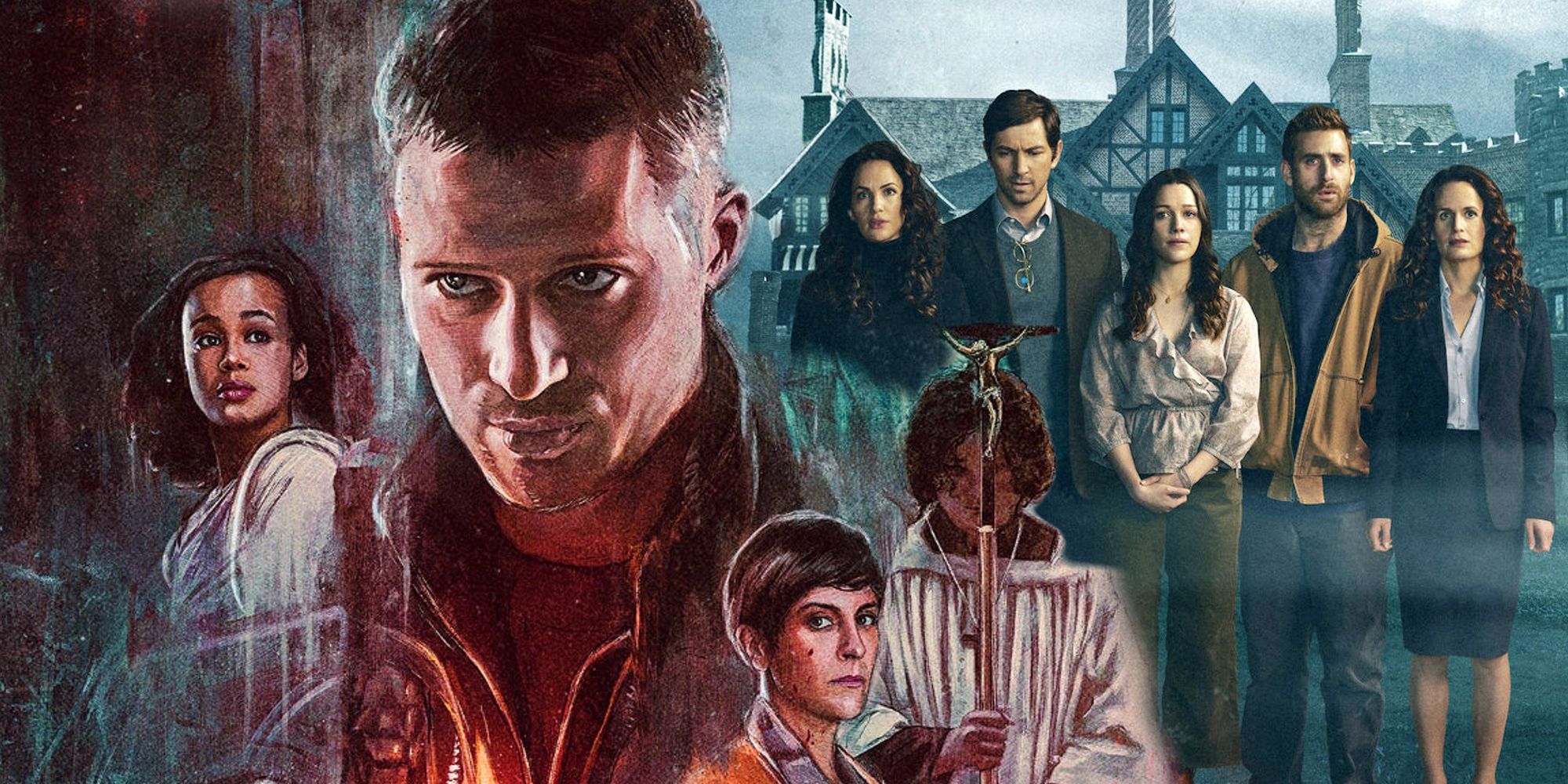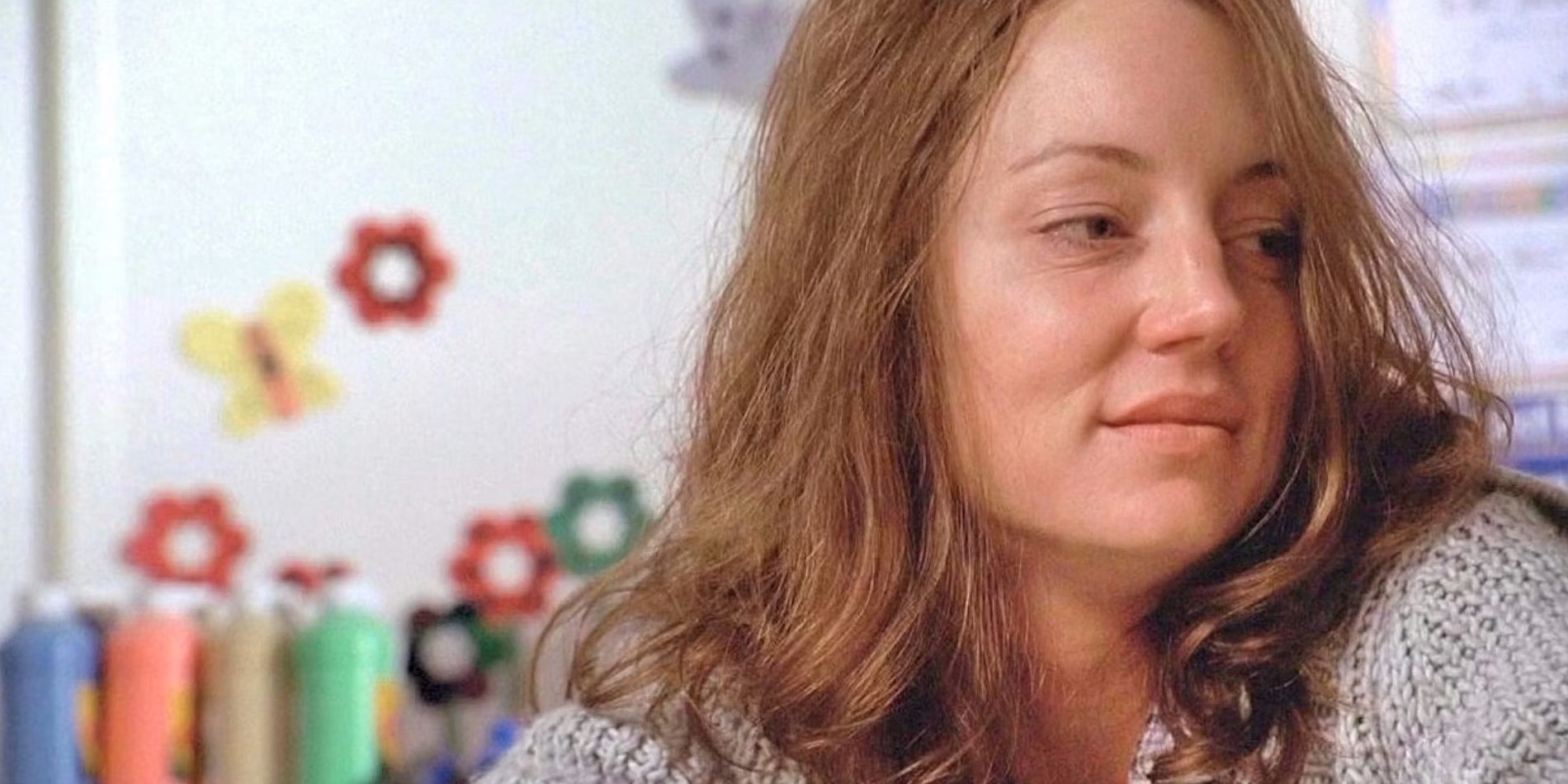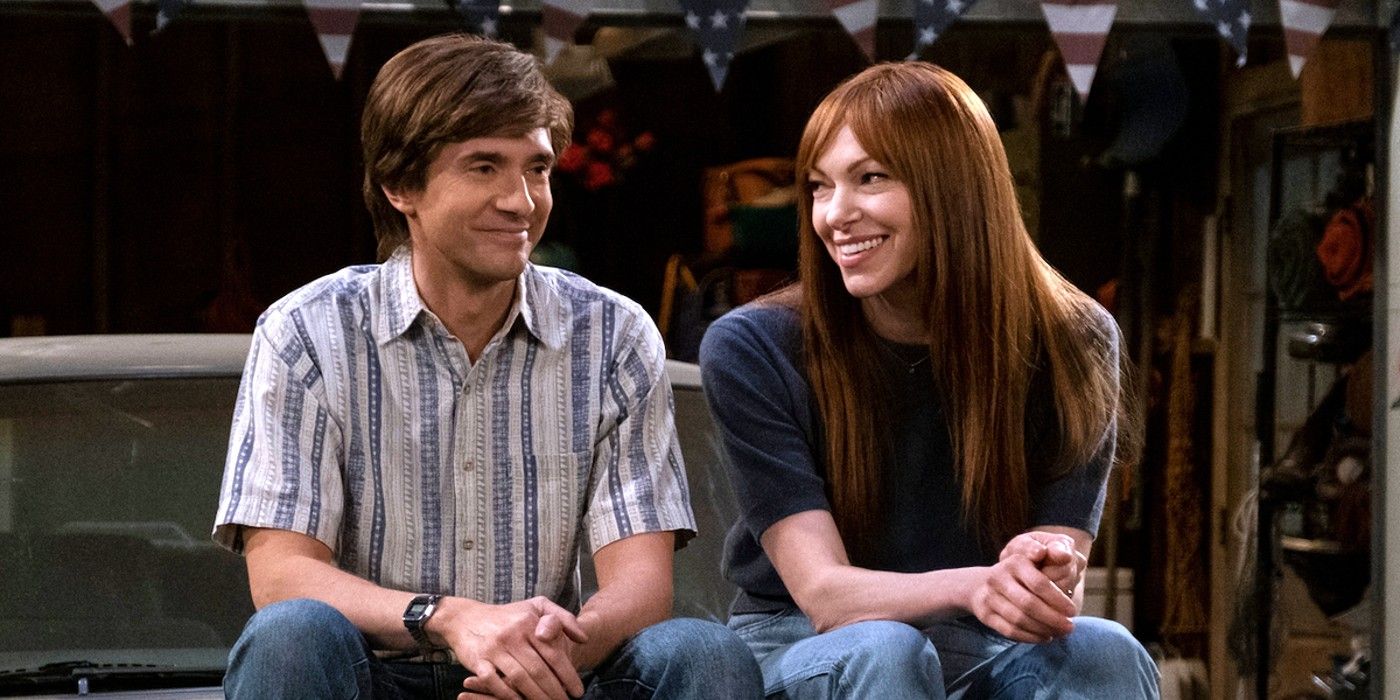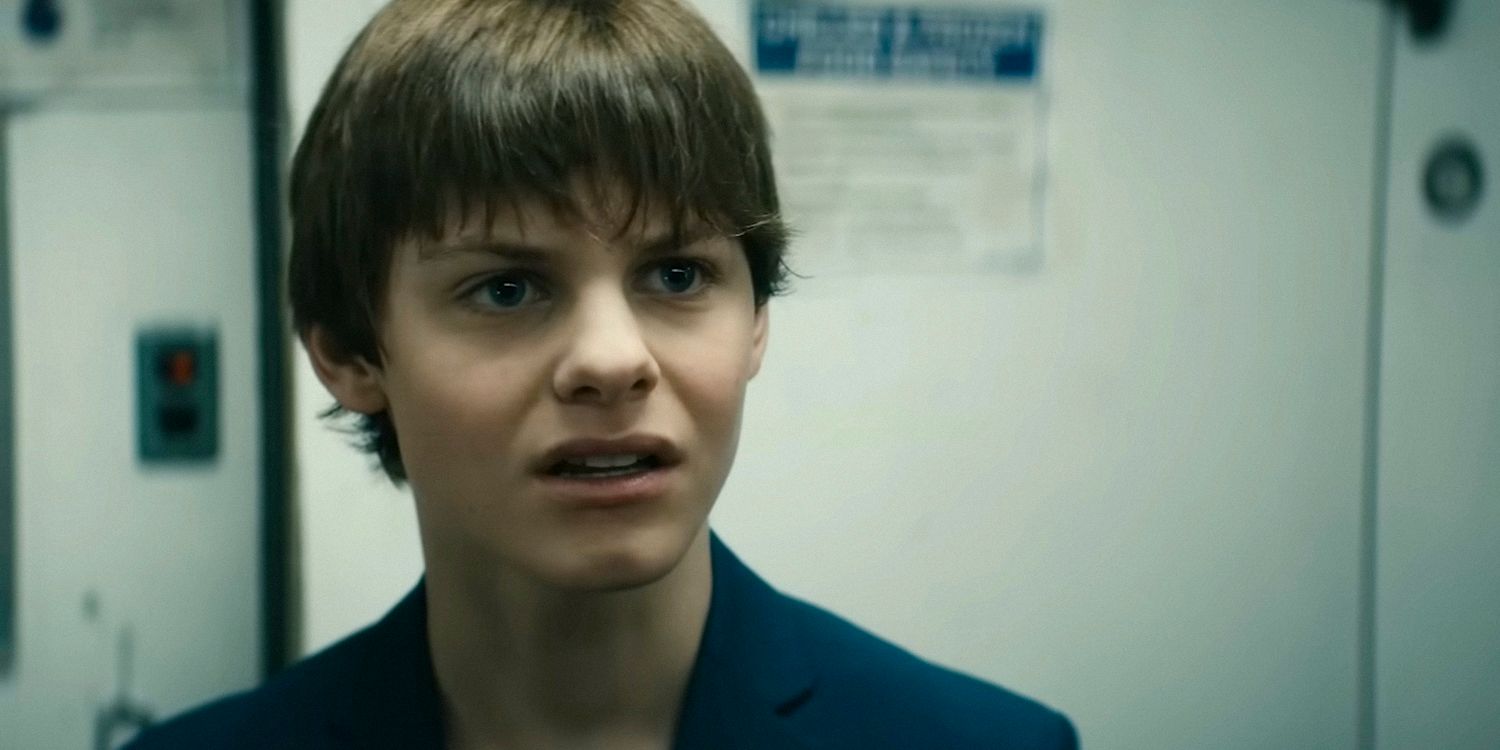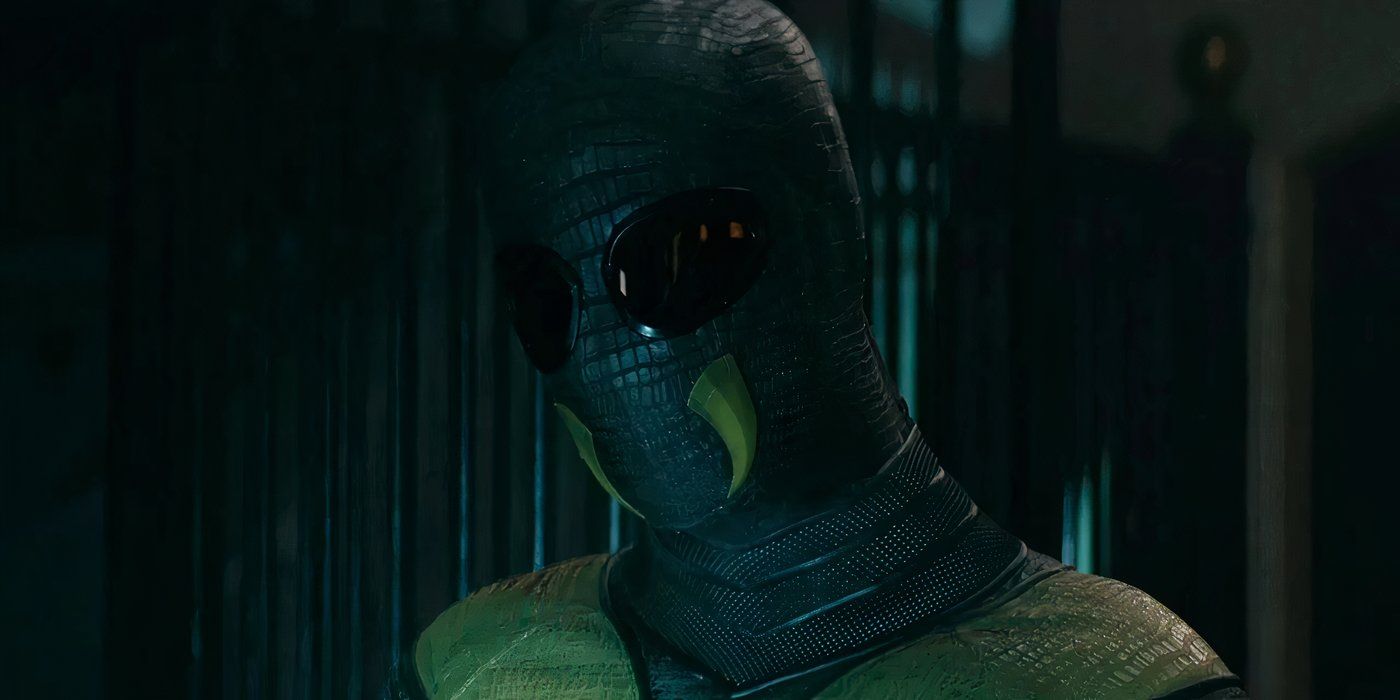While Wordle took Twitter by storm in early 2022, the new game Knotwords may be positioned to become the internet’s next big word puzzle. Months following its release and subsequent purchase by The New York Times, Wordle‘s cultural relevancy has largely come and gone. As such, space has been cleared for something new, provided it’s fun and distinct.
On the surface, Knotwords seems to share a lot with its predecessors. It plays almost like a mix between sudoku and a crossword puzzle, providing the player with a blank series of boxes and a grouping of letters to be arranged within. The free version of the game includes a daily puzzle and a set of 10 trial puzzles, while the paid version, available on the App Store, Google Play store, and Steam, adds dozens of puzzles and allows attempts at previous daily puzzles.
When compared to Wordle, its clones, and especially clones of Wordle clones like Kirby Heardle, Knotwords certainly offers a fresh experience. The puzzles challenge slightly different skills than Wordle – it’s less of a guessing game and more of an overt logic puzzle. This, along with a significant number of other design choices, further differentiate the two games.
Knotwords Focuses On Speed More Than Wordle
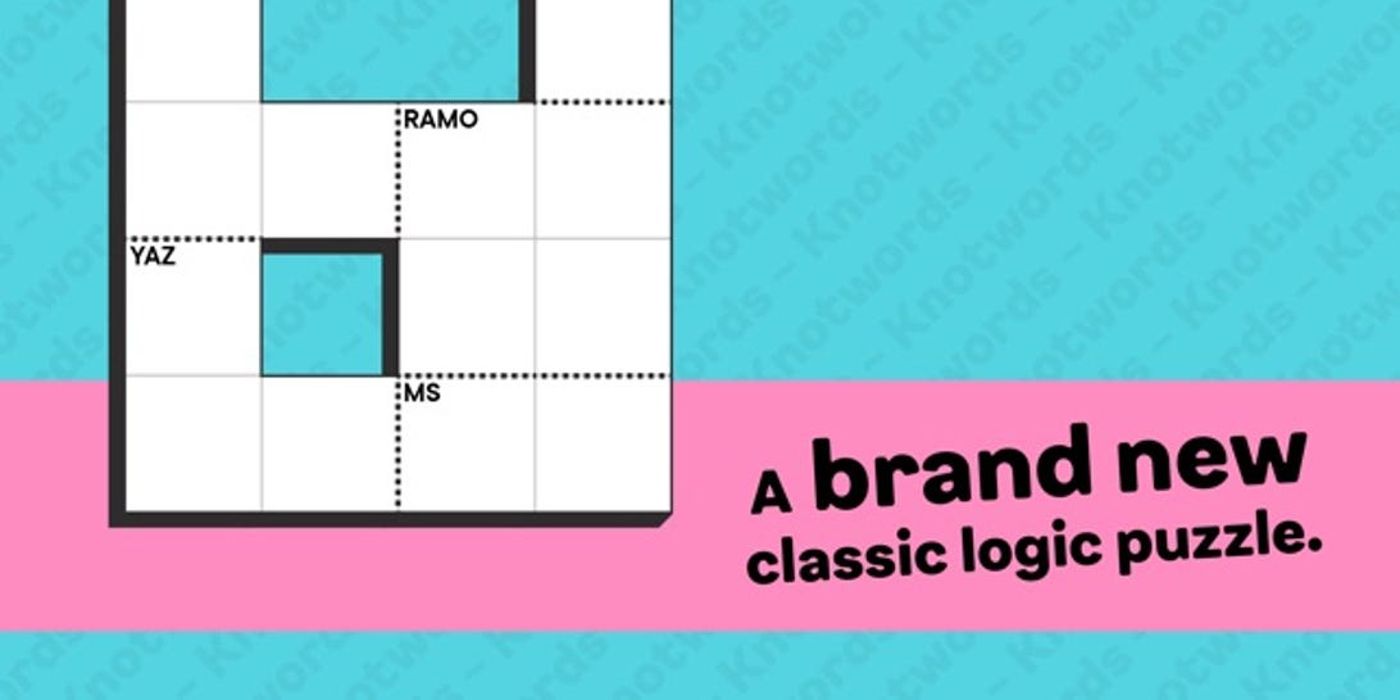
First and foremost, Knotwords has something of structural difference when compared to Wordle – puzzles are timed, and players are encouraged to solve with speed rather than efficiency. This puts Knotwords more in line with crossword puzzles and sudoku, often rewarding trial and error over meticulous planning. Logic and strategy certainly help, especially as puzzles later in the week seem to increase in difficulty.
Other elements of Knotwords may take inspiration from Wordle, with a rotating daily puzzle and an option to share via social media being the most obvious. However, these similarities don’t quite work. Knotwords’ daily puzzles are just one piece of a larger experience – a full, purchasable game (though some Wordle clones aren’t completely free). Contrast this to Wordle‘s simplicity – one day, one puzzle, one attempt. Wordle became a prime subject for discussion, letting players commiserate over particularly difficult answers or debate the best starting word. Even Wordle‘s social media sharing, visually clear and personalized, work in its favor here; pressing the share button in Knotwords shares only a blank image of the day’s puzzle and how long it took to complete.
These aren’t truly strikes against the game – Knotwords is excellent, even if it may never reach Wordle‘s level of viral success. It’s refreshing to see new puzzle games that are more than clones of Wordle and clearly have significant thought and effort behind them, rather than combining another game’s premise with various gimmicks. Good game design speaks for itself, and generating social buzz is far from a requirement. Knotwords is better off good and obscure than bad and popular.
